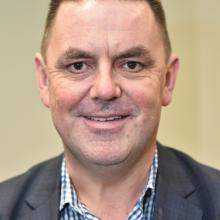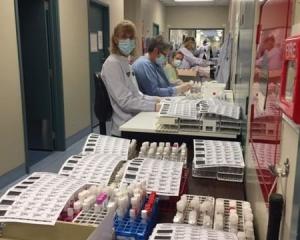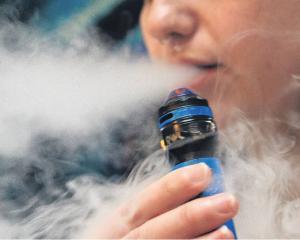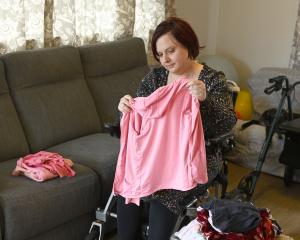
Chief executive Chris Fleming acknowledged yesterday it had failed both cardiac and urology patients.
"We have let them down," Mr Fleming said.
This comes as criticism of the DHB continued to mount yesterday. Executive director of the Association of Salaried Medical Specialists executive director Ian Powell said the issues were in part caused by leadership repeatedly ignoring "serious concerns" from medical professionals.
Dunedin North MP David Clark and Labour health spokesman said the DHB was also facing extra pressure from high-profile resignations at a time it was facing a "huge challenge" to ensure quality care for patients.
Health Minister Jonathan Coleman said the DHB had "plenty" of money and needed to get its "act together", in a heated interview with John Campbell on Radio New Zealand yesterday.
Mr Fleming said he signed off extra staffing levels to resource an extra ICU bed, to help alleviate its cardiac surgery woes.
Those woes had resulted in patients’ surgery being postponed because of a lack of after-surgery care, and one woman saying her father died after his heart operation was postponed four times.
Mr Fleming said the extra bed would bring total ICU beds to nine and would be available "just as soon as the nursing staff can be recruited".
The bed would be "biased" towards cardiac surgery, but the most acutely unwell would always be prioritised in the first instance.
He acknowledged the DHB had failed to properly address problems in the past, but said this had changed.
"I think there are areas where there are known issues and we haven’t actually collectively confronted the issues and constructively worked through them.
Despite acknowledging there was a problem, he did not believe it had reached "crisis" point, saying large numbers of patients were not affected.
"Remember we are talking about 10 urology patients.
"But if I was one of those urology patients or one of those cardiac patients waiting longer than I should have, I deserve better, and we have to do better."
He was not keen on Prime Minister Bill English’s suggestion that in urgent cases patients be transferred to other DHBs.
"Other DHBs don’t like taking elective referrals because they have got their own pressures and their own challenges."
Instead the DHB was focused on building its own resources, improving productivity and taking advantage of the private capacity at Mercy Hospital, with which it was considering signing a formal agreement.
Mr Fleming disputed any suggestion recent resignations of executive director nursing and midwifery Leanne Samuel and chief financial officer Clive Smith showed it was in "meltdown".
The changes at the top of the organisation this week were part of ongoing leadership restructuring.
"Far from melting down, we’re in a building phase and have confidence not only in the leadership of the DHB but in our 4500 hard-working staff across the organisation."
In the Radio New Zealand interview, Dr Coleman also denied his decision to sack the board in 2015 and install commissioner Kathy Grant to reduce the deficit had been detrimental to patient care.Mrs Grant was "totally delivering", and the board had "plenty of money".
Dr Coleman said five of the 10 prostate cancer patients who had had unacceptably long wait times now had surgery dates.
He said there were problems in some departments, but they were not caused by a lack of money.
Dr Coleman said the urology department had been described to him as a "toxic department", and Mr Fleming had a plan to fix it.
"He’s the man to turn it around."
Dr Coleman dismissed a claim in a leaked letter that Dunedin Hospital had a full-time general surgeon operating only twice a month as not being ‘‘plausible’’.
The letter, obtained in RNZ, was written in April and is from a group of doctors to management.
Dr Powell said the DHB’s problems were more than just about a lack of funding, but also because of leadership repeatedly ignoring warnings from "frustrated" specialists.
"This is a situation that [Mr] Fleming has inherited, rather than caused. But it is his responsibility to fix it.
"His recent leadership restructuring might help but unless the culture changes to one of engagement and responsiveness, he will fail."
Mr Fleming said it was unfair to blame only the DHB’s leadership and the culture problem included senior doctors.












